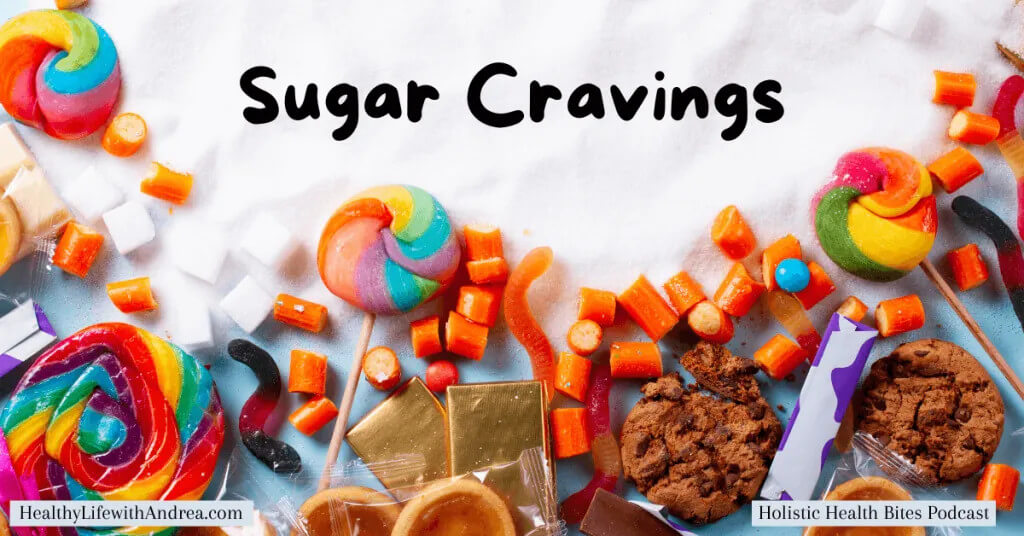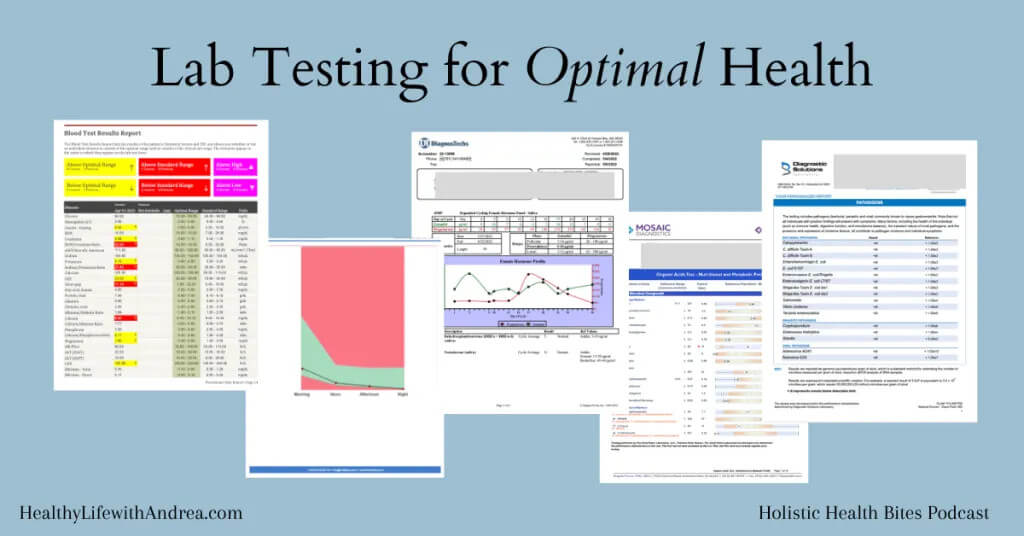
In the latest episode of the Julie Saad Wellness podcast, functional nutrition expert Andrea Nicholson joins the conversation to discuss blood sugar tracking, continuous glucose monitors (CGMs), and ketone meters. Andrea, who is board certified in holistic nutrition, shares her insights on the best ways to measure blood sugar and ketones, as well as the ideal numbers to aim for. With a focus on reducing inflammation, optimizing weight, and improving gut health, Andrea helps listeners navigate the sometimes confusing world of glucose and ketone tracking, offering practical advice for those interested in trying it themselves. Tune in to gain a better understanding of these important health markers and how to incorporate them into your wellness routine.
Read more... In a recent blog post, functional nutritionist Andrea Nicholson discusses the benefits, risks, and her thoughts on drugs like Ozempic and Wegovy, which are GLP-1 agonist medications. These drugs have shown potential for aiding in weight loss and managing Type 2 Diabetes by activating the GLP-1 receptors in the body. While they offer benefits such as weight loss, improved blood pressure and cholesterol levels, and better glucose regulation, there are concerns surrounding their use.
In a recent blog post, functional nutritionist Andrea Nicholson discusses the benefits, risks, and her thoughts on drugs like Ozempic and Wegovy, which are GLP-1 agonist medications. These drugs have shown potential for aiding in weight loss and managing Type 2 Diabetes by activating the GLP-1 receptors in the body. While they offer benefits such as weight loss, improved blood pressure and cholesterol levels, and better glucose regulation, there are concerns surrounding their use.Some of the risks and cautions associated with these medications include their high cost, lack of long-term studies to assess their safety, potential side effects, and risks, uncertain impact on different tissues, limitations compared to a lower carb diet, increased fat cell numbers, potential loss of lean tissue, limited impact on inflammation, toxin load, and nutrient status, and gastrointestinal concerns.
Nicholson emphasizes that while these medications can be helpful in managing weight loss and Type 2 Diabetes, they should be seen as complementary to a comprehensive healing journey that includes proper nutrition and a healthy lifestyle. Many individuals have successfully reversed metabolic disorders without medications by focusing on addressing the root causes through diet, exercise, stress management, and sleep. The decision to use these medications should be made after careful consideration of the individual's health goals and priorities.
Read more...
Check out the Ordinary to Badass podcast, featuring Functional Nutritionist Andrea Nicholson! In episode 319, Andrea shares her inspiring health and career transformation story, along with valuable lessons she has learned along the way. Discover how you can embrace your inner badass and make positive changes in your own life. Then, in episode 320, host Marie highlights her top three takeaways from the interview. Don't miss this two-part series that will leave you feeling motivated and empowered. Listen now on Apple Podcasts and Spotify!
Read more... Functional Nutritionist Andrea Nicholson provides strategies for overcoming sugar cravings and balancing blood sugar levels. Sugar cravings can be triggered by hormonal imbalances, low blood sugar, gut microbial imbalances, chronic stress, and poor sleep quality. To combat cravings, it's important to build meals with adequate protein and healthy fats, stay hydrated, and choose whole, unprocessed foods. Balancing blood sugar levels can be achieved through regular exercise, getting enough sleep, and practicing healthy eating habits. The post emphasizes that overcoming sugar cravings and balancing blood sugar is a journey, but with consistency, individuals can reduce cravings and support their overall metabolic health.
Functional Nutritionist Andrea Nicholson provides strategies for overcoming sugar cravings and balancing blood sugar levels. Sugar cravings can be triggered by hormonal imbalances, low blood sugar, gut microbial imbalances, chronic stress, and poor sleep quality. To combat cravings, it's important to build meals with adequate protein and healthy fats, stay hydrated, and choose whole, unprocessed foods. Balancing blood sugar levels can be achieved through regular exercise, getting enough sleep, and practicing healthy eating habits. The post emphasizes that overcoming sugar cravings and balancing blood sugar is a journey, but with consistency, individuals can reduce cravings and support their overall metabolic health. Functional Nutritionist Andrea Nicholson explores the power of functional lab testing and how it differs from conventional lab testing. While conventional lab tests are used to diagnose and treat specific diseases, functional lab testing takes a broader perspective, assessing how well the body is functioning on a day-to-day basis and catching potential issues before they become more serious. Unlike conventional tests, functional lab testing focuses on optimal ranges rather than reference ranges, aiming for optimal health and wellness. Nicholson discusses various types of functional lab tests, including comprehensive blood chemistry panels, stool tests, urinary organic acids tests, and hormone testing. She also explains why these tests are often not covered by insurance and emphasizes the importance of working with a functional health practitioner for a comprehensive understanding of the results. Informed decisions about health can be made when individuals have a better understanding of their bodies through functional lab testing.
Functional Nutritionist Andrea Nicholson explores the power of functional lab testing and how it differs from conventional lab testing. While conventional lab tests are used to diagnose and treat specific diseases, functional lab testing takes a broader perspective, assessing how well the body is functioning on a day-to-day basis and catching potential issues before they become more serious. Unlike conventional tests, functional lab testing focuses on optimal ranges rather than reference ranges, aiming for optimal health and wellness. Nicholson discusses various types of functional lab tests, including comprehensive blood chemistry panels, stool tests, urinary organic acids tests, and hormone testing. She also explains why these tests are often not covered by insurance and emphasizes the importance of working with a functional health practitioner for a comprehensive understanding of the results. Informed decisions about health can be made when individuals have a better understanding of their bodies through functional lab testing.















